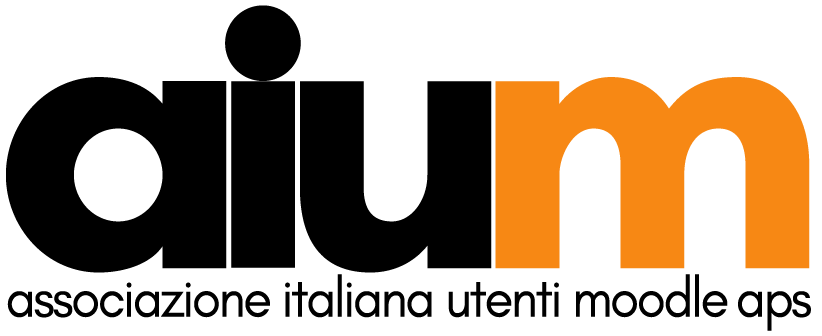Descrizione
Educational gamification, which consists of using game elements to influence learning-related behaviours and attitudes to foster the formation of positive learning habits, has been increasingly applied in recent years. Although there are several game elements and mechanics that can be used in educational gamification, many applications seem to rely primarily on points, badges and leaderboards. One of the underused game elements is narrative, despite its motivational power in learning settings. Additionally, narrative has been used effectively in games to support the emotional arc of the game, keeping the player engaged throughout the game.
This paper presents a case study of a gamified higher education course wrapped entirely in a narrative framework. The course, delivered in hybrid learning mode, used a fully customized version of the Moodle platform.
The study began with a literature review of the use and impact of narrative in educational gamification. This was followed by the narrative design process, guided by the Player's Journey and the Hero's Journey, which led to the definition of the story world, the main characters and the main events. The final output of this process was The Chronicles of Knowledge (TCOK), a fictional narrative universe in which the learners were the main heroes.
To implement TCOK, Moodle was customised starting from a standard installation and integrating several available plug-ins such as Level Up XP (used to create a progression system where students earn experience points and level up based on their engagement and task completion), Tiles course format (which provided a visually engaging layout for course modules, enhancing the narrative experience by organizing content into themed sections), and Group Choice (used to enable students to join different guilds within the narrative, fostering collaboration and a sense of belonging). These customizations did not require additional coding but leveraged Moodle's flexible plugin ecosystem to create a seamless and immersive narrative-driven learning environment.
TCOK was tested with first-year students enrolled in a bachelor’s degree at Link Campus University, Rome. To better capture the subjective experiences of the participants, a qualitative approach based on the World Café method was adopted. The findings highlight how the narrative contributed to the participants' overall enjoyment of the learning experience and how the narrative framework provided an additional level of meaning to their actions, increasing their motivation to complete the assigned tasks. In addition, participants reported that the narrative elements allowed them to experience a deeper level of connection with both the course content and their peers.
This case study demonstrates the potential of Moodle's customization capabilities to support innovative gamified learning experiences and provides insights for educators looking to integrate narrative elements into their courses.

